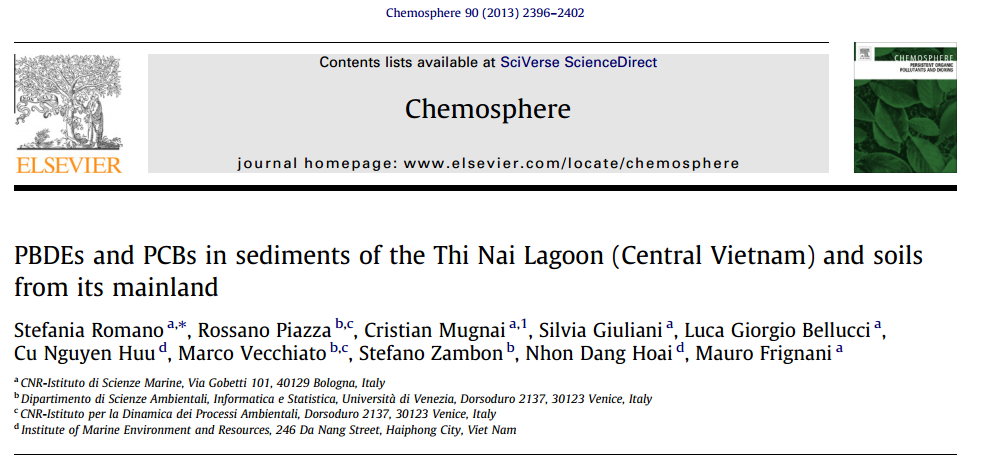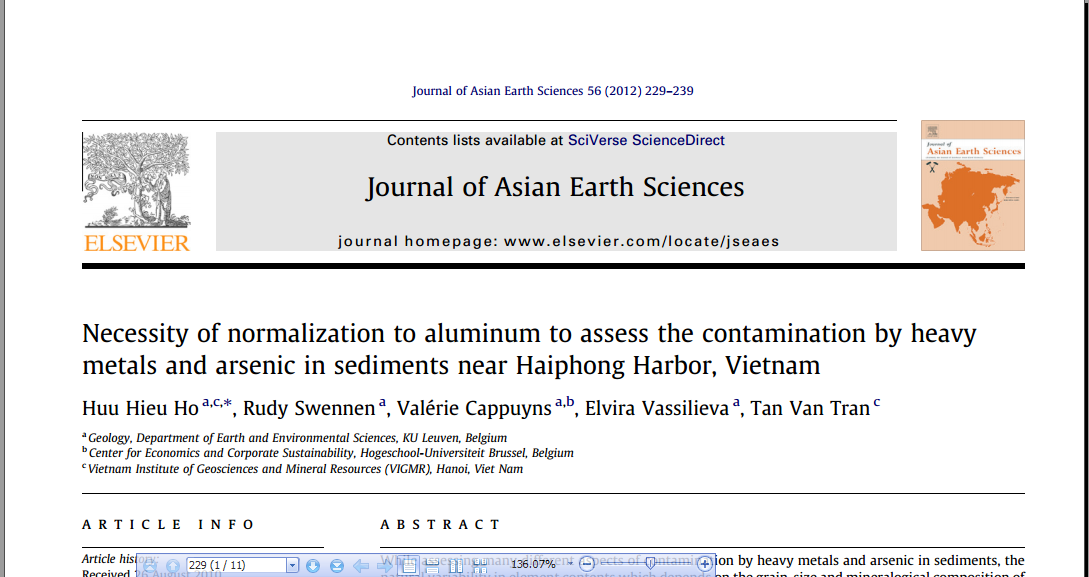REPORTS & PUBLICATION
REPORTS
Environmental GuidelinesonSolid Waste Management in Kingdom of Cambodia
2006 | Ministry of Environment of Cambodia and COMPED-Cambodian Education and waste Management Organization
Now with the economic development and increasing people the requirement using equipment for their every day living is increased too, these are the reasons of the environmental issue and because of the people through out their solid waste around the country (provinces and cities) that it is negatively effect to the public health and environment. By understanding of this issue, the Royal of Cambodian government has cared and put out some measures as: preparing regulations for ensuring proper solid waste management with environmental safety, capacity building of skill staffs, educating people to understand the negative effectiveness of waste that will happen to themselves, the proper way of waste disposal with environmental sanitation and encouraging the involved institutions and private companies to behave regulations. This environmental guideline has been gotten by trying very hard of Ministry of Environment and COMPED organization partner, this environmental guideline on Solid Waste Management in Royal Cambodia is fully detail that can be encouraged to behave the ready prepared regulations and it is an important base to help the involved institutions especially province-city authorities and private sectors to improve their Solid Waste Management which is facing the problems and make it better in the future.

PBDEs and PCBs in sediments of the Thi Nai Lagoon (Central Vietnam) and soils from its mainland
2013 | Elsevier
Concentration and distribution of PCBs, PCB 11, and PBDEs in both surficial sediment and soil samples,taken from a zone subject to recent accelerated development, were investigated to assess the environ-mental quality and understand both natural and anthropogenic processes that influence contaminantbehaviors. Values of PCB and PBDE are in the lower range of those reported in literature, typical of lowimpacted coastal zones.

Necessity of normalization to aluminum to assess the contamination by heavy metals and arsenic in sediments near Haiphong Harbor, Vietnam
2012 | Elsevier
While assessing many different aspects of contamination by heavy metals and arsenic in sediments, the natural variability in element contents which depends on the grain-size and mineralogical composition of sediments, needs to be taken into account. In previous studies, the normalization of element contents to a reference element such as Al was commonly applied to compensate for granulometric and mineralogical effects. In the present study, through the investigation on the contamination of heavy metals and arsenic in sediments near Haiphong Harbor, the necessity of the normalization towards Al is assessed.
Medical Waste and Human Rights
2011 | Health Care Without Harm
The report is divided into two sections: the first reviews the human rights in question at the global level and includes the listing of scientific references and newspaper articles. Scientific articles are cited in the test in the normal way; newspaper articles are not all cited in the text, but are included to give the reader the fullest possible picture. Where possible, URLs are provided.
A Comprehensive Environmetal Health Agenda for Hospitals and Health Systems Around the World
2011 | Health Care Without Harm
We are living in a moment in which the twin crises of public health and the environment are merging, the confluence of the two magnifying the destruc-tive power of each. As they run together, the crosscurrents of disease and ecological deteriora-tion build on one another, becoming increasingly turbulent and damaging forces that are tearing at the very fabric of our societies. Climate change, chemical contamination, and unsustainable re-source use are all exacerbating ill-health the world over. These environmental health problems are increasing pressure on, and eroding the capacity of, already thinly stretched health care systems. Meanwhile, the health sector itself is paradoxically contributing to these very environmental health problems, even as it attempts to address their impacts.
Medical Waste Management
2011 | ICRC International Committee of the Red Cross
The world is generating more and more waste and hospi-tals and health centres are no exception. Medical waste can be infectious, contain toxic chemicals and pose contamina-tion risks to both people and the environment. If patients are to receive health care and recover in safe surroundings, waste must be disposed of safely. Choosing the correct course of action for the different types of waste and setting priorities are not always straightfor-ward, particularly when there is a limited budget. This manual provides guidance on what is essential and what actions are required to ensure the good management of waste.Drawing on the most up-to-date professional practice, the manual provides practical recommendations for use in the different contexts where the ICRC works. It includes techni-cal sheets ready for use, ideas for training and examples of job descriptions for hospital staff members. The guidance in this manual is applicable in resource poor countries as well as in countries where there is a more developed health infrastructure.
 The kNOwWaste Knowledge Platform was developed through a Project Cooperation Agreement funding by UNEP on 2016. The platform provides data and information on holistic waste management to stakeholders in Asia and the Pacific region. The platform was developed with the following aims: generate and consolidate data or information on holistic waste management, transform data into easily comprehensible outputs for use by key stakeholders, map out and disseminate information on international waste management projects under the GPWM and UNEP projects as well as other international partners, and provide capacity building support through dissemination of data or information support for relevant stakeholders on holistic waste and waste management system.
The kNOwWaste Knowledge Platform was developed through a Project Cooperation Agreement funding by UNEP on 2016. The platform provides data and information on holistic waste management to stakeholders in Asia and the Pacific region. The platform was developed with the following aims: generate and consolidate data or information on holistic waste management, transform data into easily comprehensible outputs for use by key stakeholders, map out and disseminate information on international waste management projects under the GPWM and UNEP projects as well as other international partners, and provide capacity building support through dissemination of data or information support for relevant stakeholders on holistic waste and waste management system.
 2025 © Regional Resource Center for Asia and the Pacific (RRC.AP). All Rights Reserved.
2025 © Regional Resource Center for Asia and the Pacific (RRC.AP). All Rights Reserved.
